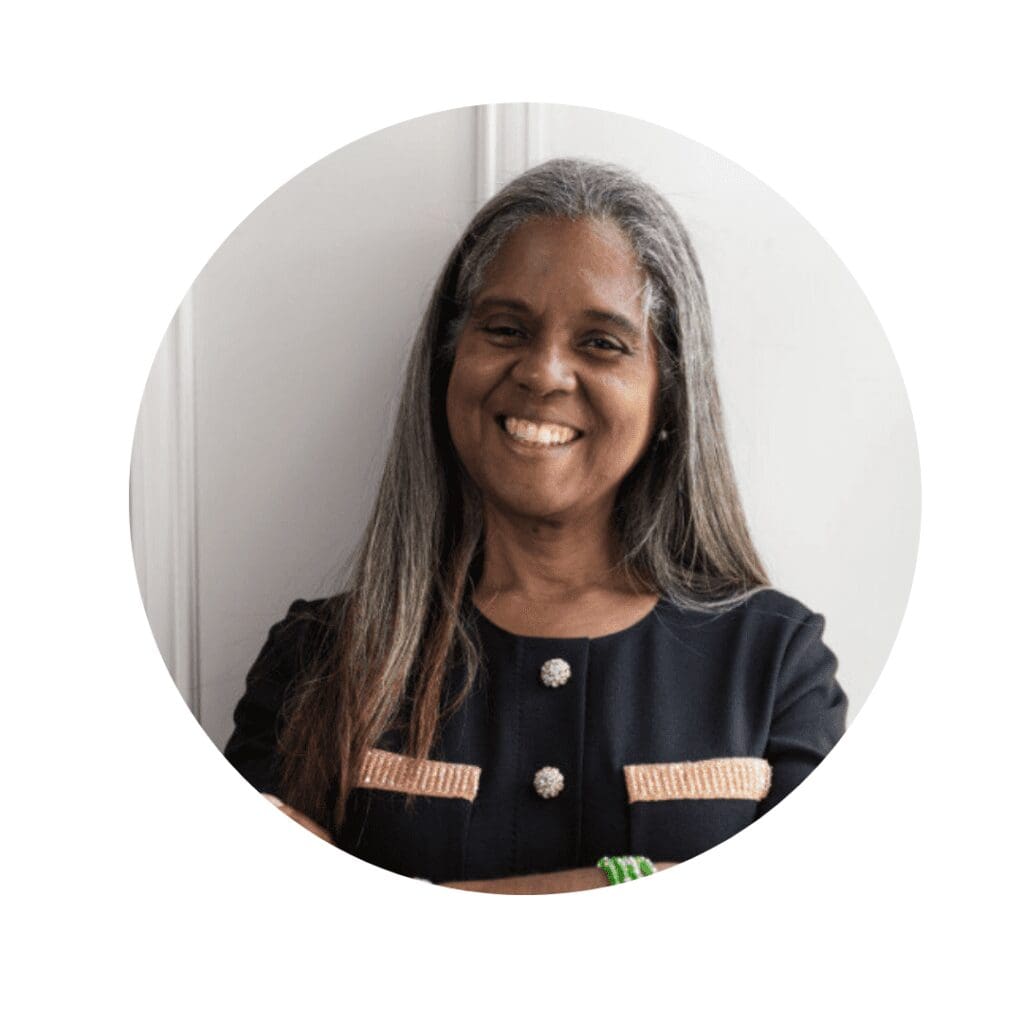Holly Boothroyd

“I am actually THANKFUL for my Imposter Syndrome because it forced me to do some introspection and understand what was important to me, how I work best, and what skills I could take advantage of. I was then able to use this information to better guide my career and turn myself into a better asset for my team. It made me try things that put me out of my comfort zone and in turn built my confidence when working in unknown spaces.”
Holly’s Instagram post
Holly’s Talk on Imposter Syndrome
Emily Rigby
Acknowledgement

It’s crucial to acknowledge that everyone has experienced imposter syndrome; male, female, junior, senior.
Also, acknowledge and accept what you’re not good at, without judgement. It’s key to remember that absolutely nobody is good at everything. Be clear what you can do and what you can’t, but you can work out the answers as you go!
This is about trust. Trust yourself and your team. Ask questions again and again. Say when you don’t know something. You absolutely don’t need to know everything. Remember that lack of knowledge is not a weakness.
Delegation
I’m not here to have all the answers, as a developer as a manager. Every day I find myself in a situation where I don’t know something. Even as a Head of Engineering, I haven’t seen every problem. I’m always taking on challenges that are new to me. Yes, I learn along the way – but I also enable other people in my team to work efficiently and find out the answers we need together.
Uniqueness
Comparing yourself to someone further along in their career journey is so dangerous and doesn’t achieve anything. You have your own set of skills, they have theirs. There’s no comparison to be made.
Emily’s full SheCanCode interview
Elisha Foust

“I don’t think we ever get over imposter syndrome! But we can find ways to soften its effects on us. For me, preparation for meetings and presentations is key. I need to feel fully prepared – know both my content and my context. Once I’ve prepared, I can then go into meetings are big presentations and have fun with them! Finding ways to enjoy the big stuff definitely softens the voice of imposter syndrome for me.”
Elisha’s full SheCanCode interview
Genevieve Leveille

“I understand the concept of imposter syndrome but I’m totally against giving it validity. You have to own what you know and what you don’t. You can teach yourself just about anything. If you can’t get it, you can seek people who have that knowledge.
Use LinkedIn to follow people, introduce yourself and learn from them. When you don’t have anything, and you’re living in a poor country – you don’t have time to feel like an imposter. Or to second guess yourself. You just get on with things and let things happen. You either empower yourself or stay where you are. But you’re less likely to feel “I’m not worthy”. It’s worth bearing that in mind.
My Mother used to always say – you need to know the value of yourself. Have a clear view of your personal value. Do not let others devalue you. Thinking this way will mean you never let someone else give you less value than what you’re worth.”
Genevieve’s full SheCanCode interview
Masha, Coding Blonde

“Feeling like an imposter is a sign that you are growing and improving your skills, both personally and professionally. Thinking this way will make you own the situation you’re in. Next thing you know, you’ll find yourself purposefully exposing yourself to challenges.”
In her blog “Feeling like an imposter? That’s a good sign” from earlier this year, Marsha shares her thoughts on why it’s not all bad and 5 tips for taking back control.
You can also watch her talk about this topic in her short video.
Theresa Bercich

“Tackling imposter syndrome is hard but not impossible. I think the realisation that everyone is just doing their best and that no one knows everything is very helpful. We need to realise that we do earn our places based on merit and that we can be proud of that. Always keep learning but acknowledge how far you have come and that your achievements are allowed to shine as bright as everyone else’s. We should stop comparing ourselves and back ourselves up. We are in our respective positions because we fulfilled the criteria to be there and from there we can only grow.”
Theresa’s full SheCanCode interview
Louise Curtis

Finally: in this brilliant blog, Louise shares with the world how she is trying to combat her own imposter syndrome. As she says:
“As if we’re not all up against enough external obstacles when it comes to succeeding in the workplace, the second we start to do well at work, impostor syndrome sits inside our own minds telling us we don’t deserve our success.”








